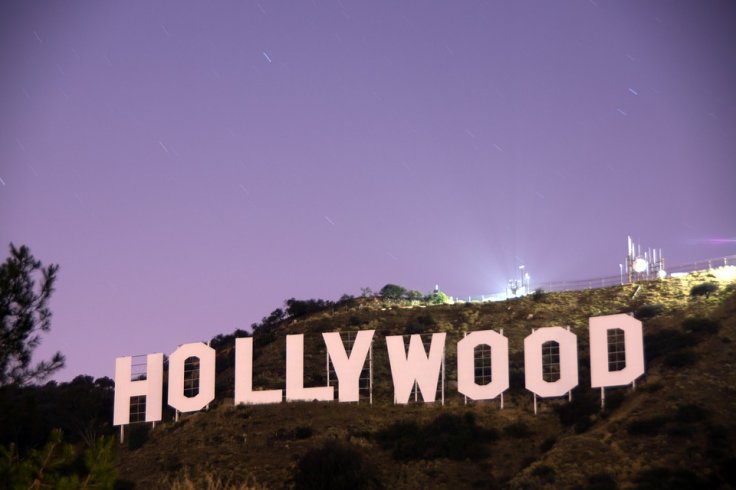In a move that has rattled the entertainment world and reignited protectionist tensions, former U.S. President Donald Trump has proposed a sweeping 100% tariff on all films produced outside the United States. The controversial measure—announced via his Truth Social platform—is framed as an aggressive bid to revive a domestic film industry Trump claims is "dying a very fast death."
Trump's proposed policy, ostensibly aimed at safeguarding American cultural output and jobs, arrives amid a long-running slump in Hollywood's domestic production pipeline. He blames foreign governments for luring productions away from U.S. studios with lucrative tax incentives and even accused them of using cinema as a "propaganda tool," elevating the issue to one of national security.

Veteran actors Jon Voight and Sylvester Stallone—both staunch Trump supporters—have reportedly been tapped to advise on reviving the ailing sector. But beyond the symbolic heft, concrete details remain scarce. Trump has directed the Department of Commerce to initiate tariff procedures immediately, yet no formal implementation roadmap has been published.
Studios Brace for Impact
The lack of clarity triggered instant market tremors. Shares in major film and streaming giants including Disney, Netflix, Amazon, Warner Bros. Discovery, and Paramount slid on Monday, with Netflix—heavily invested in global productions—bearing the brunt. Theater chains like IMAX and Cinemark also dipped, as investors weighed the cost implications of disrupted supply chains and a possible contraction in content pipelines.
Commerce Secretary Howard Lutnick responded briefly on X (formerly Twitter), stating, "We're on it," but refrained from elaborating on the operational framework or whether the tariffs would extend to streaming content, theatrical releases, or both. Industry insiders say it remains unclear whether tariffs would be calculated on the basis of shooting location, production budget, revenue share, or other complex metrics.
Global Film Hubs Push Back
International reaction has been swift and defensive. Australia and New Zealand—crucial production locales for major U.S. blockbusters like The Lord of the Rings and the Marvel franchise—vowed to protect their film sectors. The UK's media union Bectu urged the British government to intervene, warning that as many as 10,000 freelance jobs could be jeopardized.
The British Film Institute noted that the UK's film and high-end TV industry grew by 31% in 2024 to £5.6 billion, underscoring the economic importance of cross-border film collaborations. Analysts say around half of all U.S. films with budgets exceeding $40 million are now produced overseas—making the proposed tariffs not just punitive, but potentially destabilizing for global partnerships.
Studios Weigh Workarounds
Amid mounting uncertainty, studios are already exploring alternative production models to sidestep possible penalties. Options on the table include reclassifying projects under foreign subsidiaries, shifting pre- and post-production to the U.S., or revising licensing and distribution agreements to reduce exposure.
The industry is now in a wait-and-watch mode. Without specific regulatory guidance from the Commerce Department, studios and streaming platforms face a high-stakes gamble: delay projects and risk falling behind, or proceed under rules that could suddenly change.
A formal statement from the Department of Commerce is expected in the coming days. Until then, the global entertainment ecosystem is bracing for what could be one of the most disruptive U.S. policy interventions in the film business in decades.








